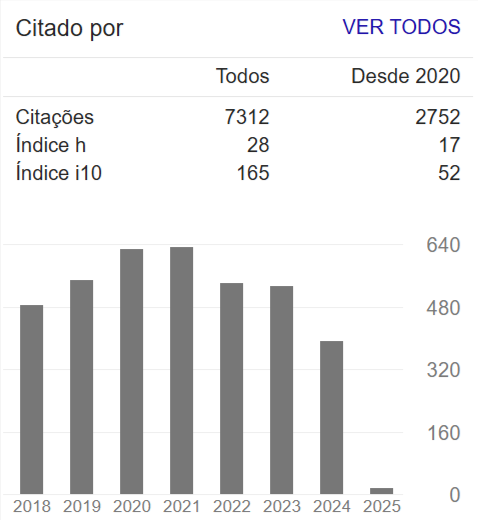Use of Compound Specific Isotope Analysis (CSIA) for Assessing Degradation
Resumo
Compound Specific Isotope Analysis (CSIA) is an analytical technology that has been established through over 20 years of research for applications in contaminated site assessment and remediation. Analytical advances in CSIA have provided the transition of this technology from a research tool to an applied method for assessing the fate and behavior of priority contaminants including chlorinated solvents, petroleum hydrocarbons, chlorobenzenes, gasoline additives and various others. CSIA is primarily used in: a) environmental forensics to differentiate between sources of contamination at a site/s; b) site assessment as a line of evidence for monitored natural attenuation (MNA) of chlorinated compounds and petroleum hydrocarbons and related contaminants; c) remediation performance evaluation for bioaugmentation, in-situ chemical oxidation treatments, and zero-valent iron treatments. This presentation will discuss the current state of the practice for CSIA and encourage stakeholders to consider it as a valuable tool for assessing the extent of treatment and natural attenuation at impacted sites.

















